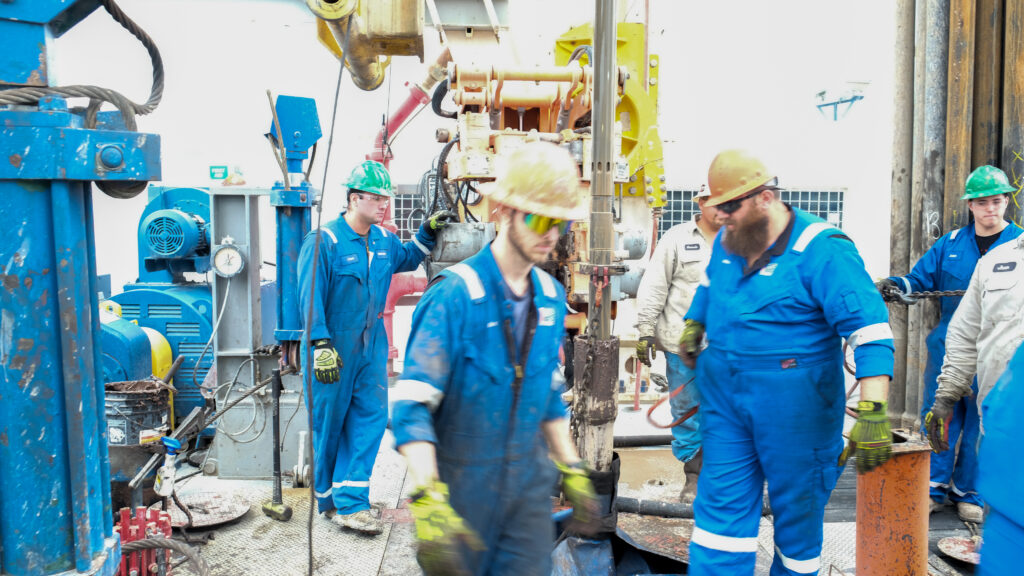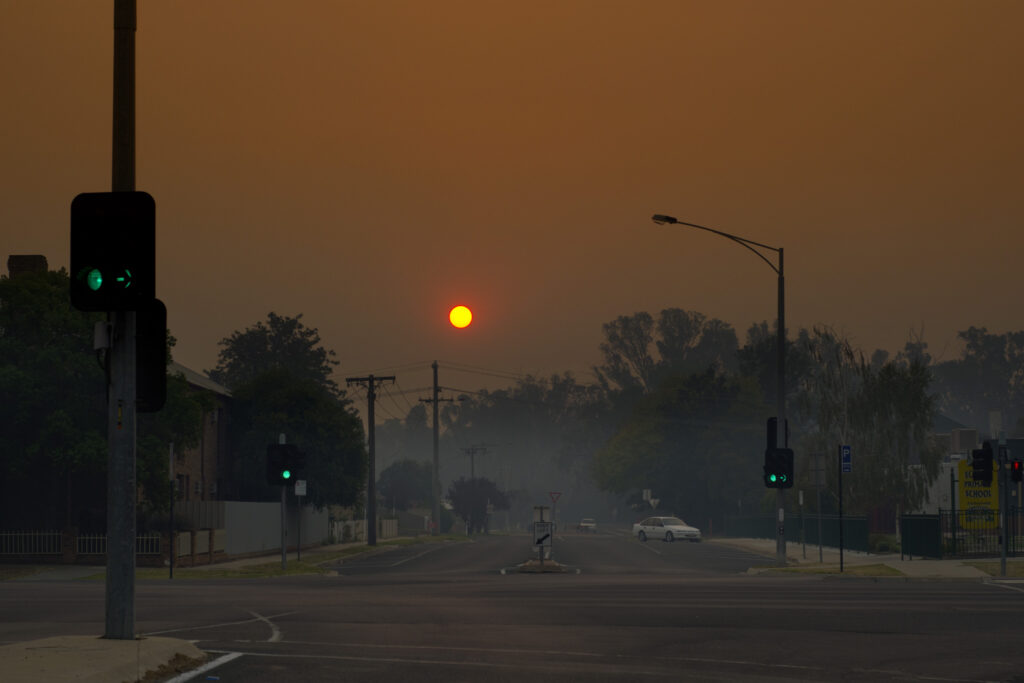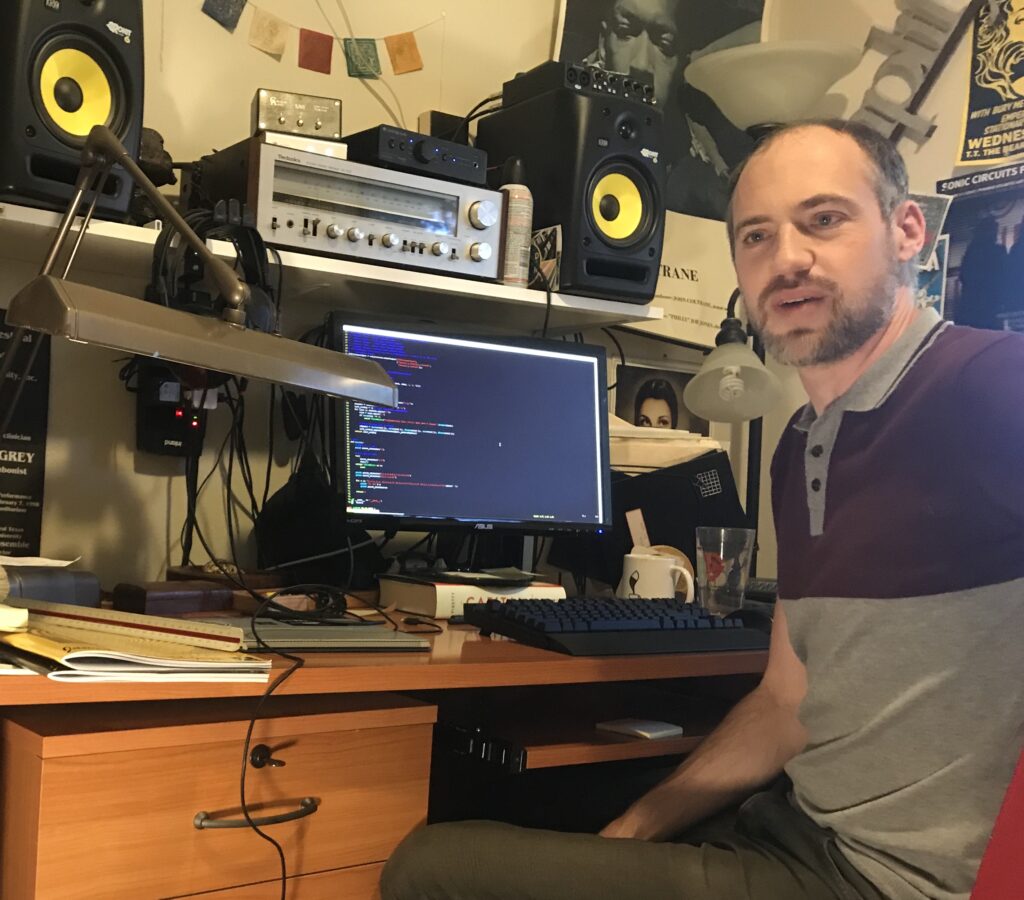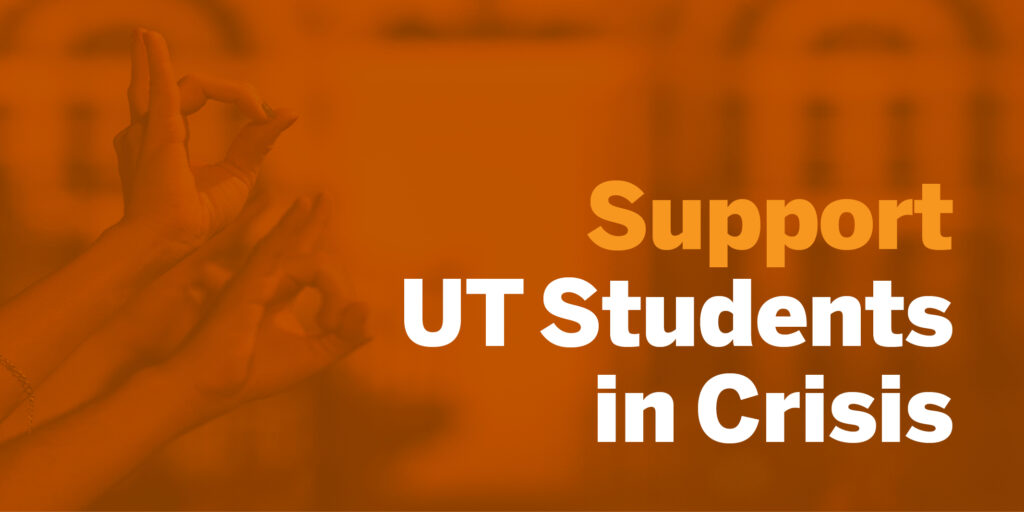By Constantino Panagopulos It’s mid-March on the Texas prairie outside the city of Cameron. Peter Flemings, a professor at the Jackson School of Geosciences, watches the rig hands lower the prototype sensor into the well. The counter still reads 1,000 feet from bottom when the thick steel cable suddenly goes slack. Moments later a dull… Continue Reading Pressure Coring Technology One Step Closer to Gulf of Mexico Hydrates Test
Climate Change Could Reawaken Indian Ocean El Niño
Global warming is approaching a tipping point that during this century could reawaken an ancient climate pattern similar to El Niño in the Indian Ocean, new research led by scientists from The University of Texas at Austin has found. If it comes to pass, floods, storms and drought are likely to worsen and become more… Continue Reading Climate Change Could Reawaken Indian Ocean El Niño
What spending a season in Antarctica can tell you about self-isolation
By Dillon Buhl Dillon Buhl is a UTIG polar research engineering associate with four Antarctic research expeditions under his belt. His latest trip to investigate a massive melting glacier in West Antarctica, ended not long before social distancing measures began in the U.S. Here, he compares his experiences in the field with quarantine. I’ve been… Continue Reading What spending a season in Antarctica can tell you about self-isolation
Seismologists search for new earthquake data in suddenly silent world
With cities around the world in lockdown, scientists could take advantage of the sudden drop in background seismicity to investigate fault zones near urban centers. UTIG research scientist associate, Rob Porritt, helped the Houston Chronicle investigate exactly what’s going on, and how useful that might be in Texas.
UT Student Emergency Fund
If you would like to make a gift to support UT students facing unexpected hardships, donate to the UT Student Emergency Fund today. Your donation will be put to immediate use helping UT students with the greatest need. The President’s Office at UT will match all gifts up to the first $2 million given to the university’s… Continue Reading UT Student Emergency Fund
- « Previous Page
- 1
- …
- 26
- 27
- 28
- 29
- 30
- …
- 50
- Next Page »





